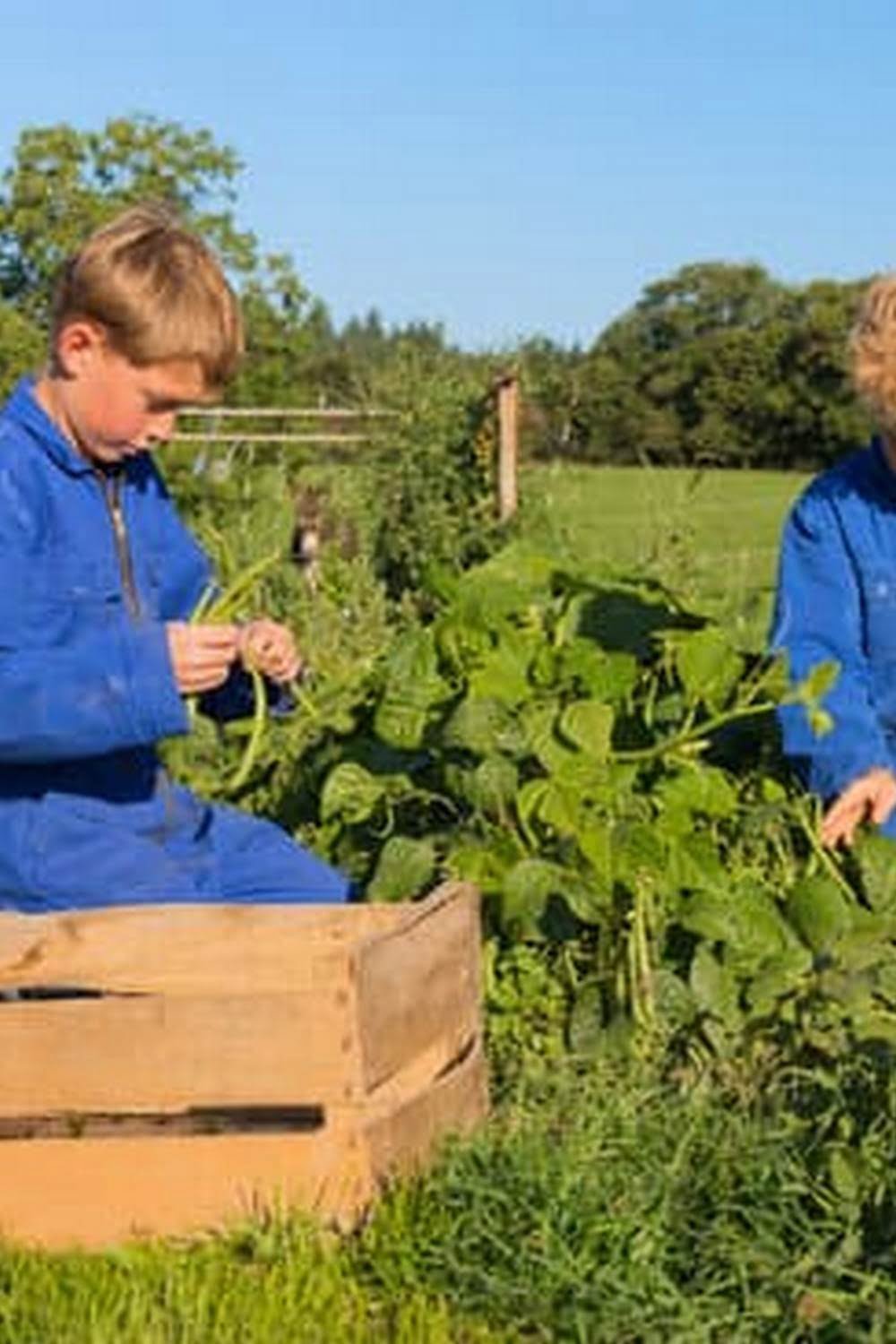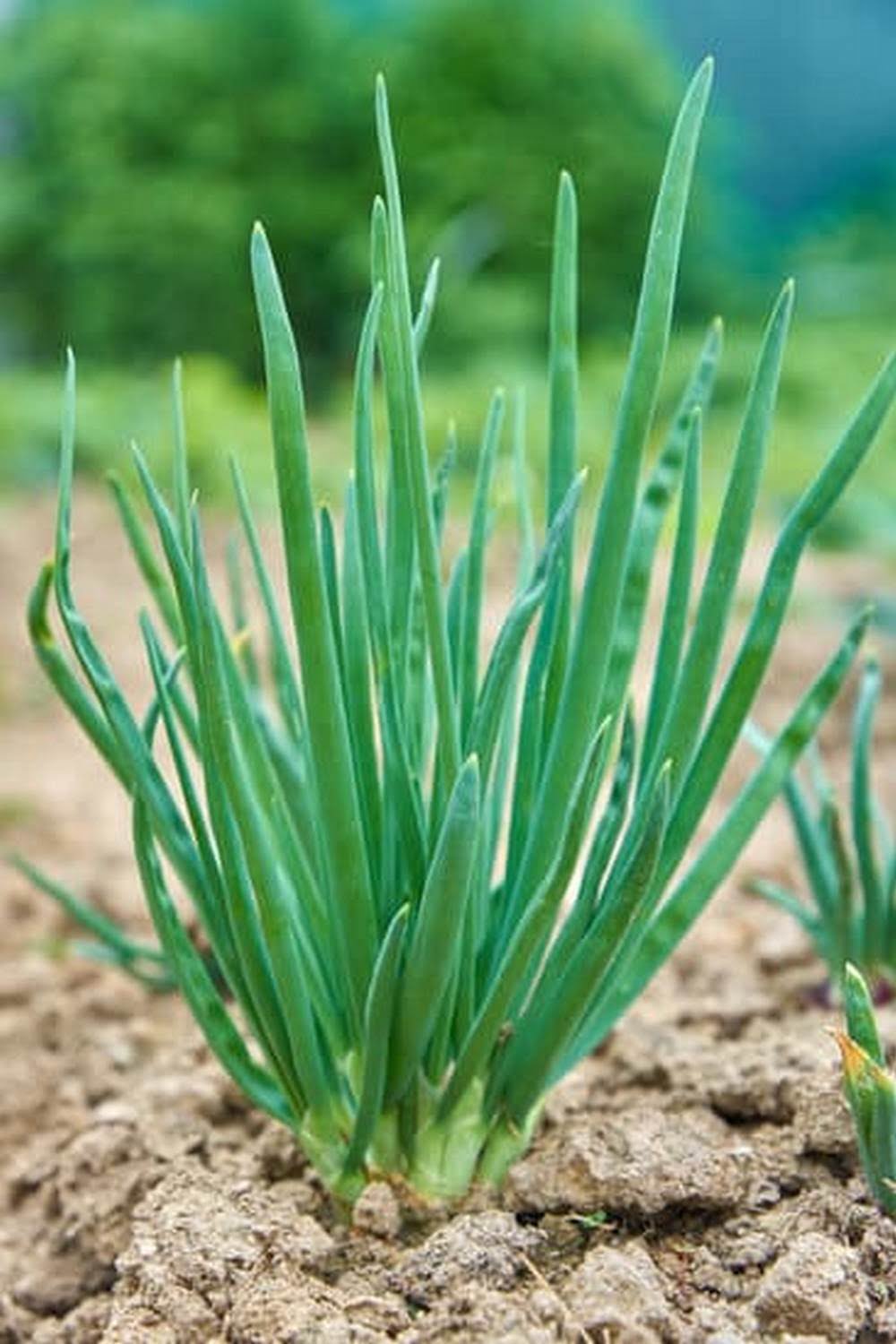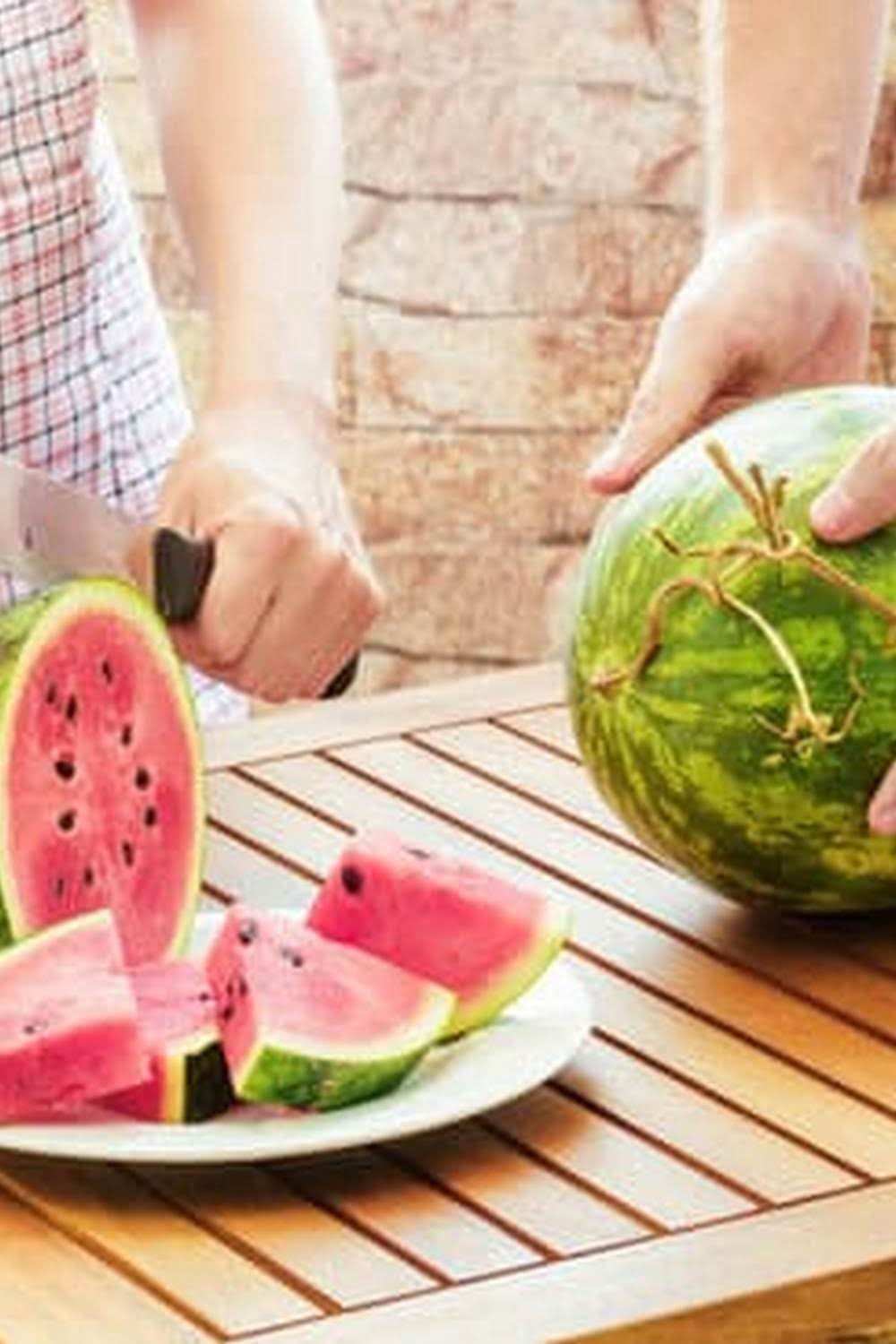How To Prepare The Soil For A Raised Vegetable Garden
When preparing soil for a raised vegetable garden, there are a few key things to keep in mind. First, the soil should be well-drained to prevent waterlogging, which can cause root rot. Second, the soil should be rich in organic matter to provide nutrients for the plants and help retain moisture. And third, the soil should be pH-balanced to provide the best growing conditions for your vegetables.
If your soil is not well-drained, you can improve drainage by adding organic matter such as compost, peat moss, or vermiculite. If the soil is too acidic or alkaline, you can adjust the pH by adding limestone or sulfur, respectively.
To improve the organic matter content of the soil, you can either dig in organic matter directly, or you can add a layer of organic matter to the top of the soil and then till it in. This will help to improve the soil structure, as well as the water and nutrient retention capacity.
Once the soil is prepared, you can start planting your vegetables!
Buiding Soil In Grown Vegetable Garden
In order to have a successful vegetable garden, you need to have good soil. The best way to improve your soil is by adding organic matter. This can be done by adding compost, leaves, or manure to your garden.
Compost is made up of organic materials such as leaves, grass clippings, and vegetable scraps. It is a great way to improve your soil because it adds nutrients, helps to retain moisture, and helps to suppress weeds.
Leaves are a great source of organic matter. They break down slowly, which means they will continue to add nutrients to your soil over time.
Manure is also a great source of organic matter. It adds nutrients and helps to improve the texture of your soil. However, you should only use manure if it is composted first. Uncomposted manure can contain harmful bacteria that can contaminate your soil and plants.
Adding organic matter to your garden is a great way to improve the quality of your soil. It will help your plants to grow healthy and strong.
How Much Soil For A Vegetable Garden
?
A vegetable garden needs about 10-12 inches of soil to grow properly. The depth of the soil will affect the plant’s root system, as well as the ease of weeding and watering. If your garden is on an incline, you will need to add more soil to compensate for the slope.
Adding organic matter, such as compost, to your soil will help to improve its structure, fertility, and water-holding capacity. In general, aim to add 1-2 inches of organic matter to your garden each year. You can also mix in some organic fertilizer to give your plants a boost.
If your soil is particularly poor, you may need to add some soil amendments, such as lime or sulfur, to improve its pH and nutrient levels. Be sure to test your soil before adding any amendments, so that you don’t end up making it worse!
No matter what, always keep in mind that the health of your soil is key to the success of your garden. So take the time to properly prepare your soil before planting, and be sure to give it some love throughout the season with regular composting and watering. Your plants will thank you for it!
Kellogg Garden Organics Amend Garden Soil For Flowers And Vegetables
Adding Kellogg Garden Organics amend garden soil for flowers and vegetables to your garden is a great way to improve the quality of your soil. Our organic blend of ingredients helps to break up clay soils, while also adding vital nutrients and organic matter that help to improve soil structure and fertility.
Kellogg Garden Organics amend garden soil for flowers and vegetables is also pH-balanced, so it helps to maintain the optimal pH range for healthy plant growth. Our blend is also enriched with beneficial microbes, which help to improve soil health and help plants to better absorb nutrients from the soil.
If you are looking for a great way to improve the health of your soil, add Kellogg Garden Organics amend garden soil for flowers and vegetables to your garden today.
Mixing Sand With Vegetable Garden Soil
Adding sand to vegetable garden soil can improve drainage and aeration. Sandy soils are easier to work than clay soils and they warm up faster in the spring. However, if you add too much sand to your soil, it can become too dry and sandy.
To mix sand with your vegetable garden soil, start by digging a hole in the soil about 12 inches deep and 24 inches wide. Add one part sand to three parts soil and mix together. Add more or less sand depending on your soil type. If your soil is sandy, you will need less sand. If your soil is clayey, you will need more sand.
Once the sand is mixed in, fill in the hole and water the soil well. The sand will help to improve drainage and aeration in your soil.

If you’re looking to get into vegetable gardening, or are just looking for some tips on how to make your current garden better, then you’ve come to the right place! My name is Ethel and I have been gardening for years. In this blog, I’m going to share with you some of my best tips on how to create a successful vegetable garden.





